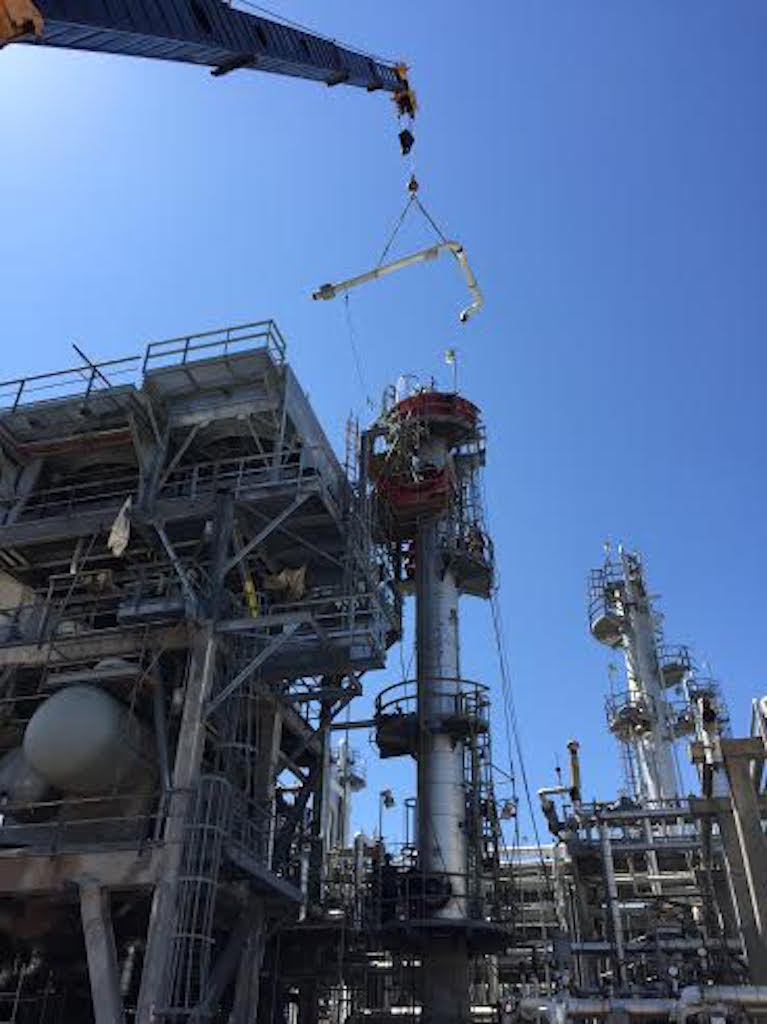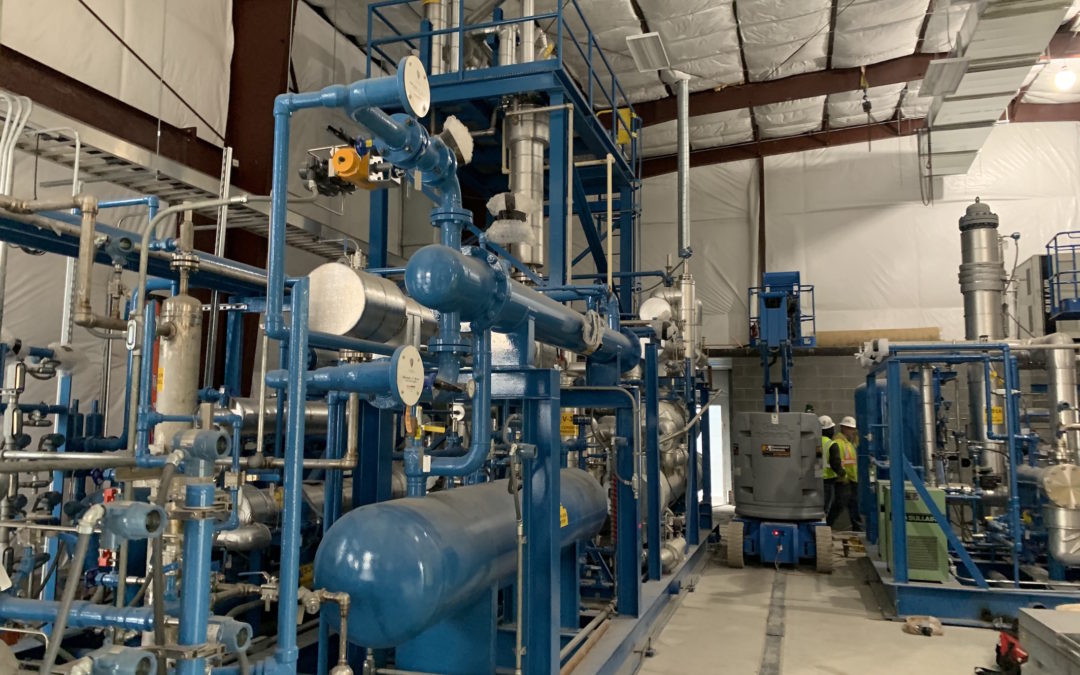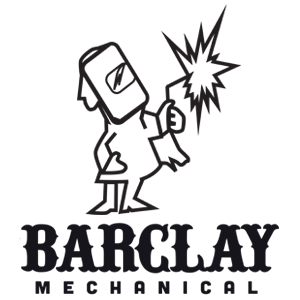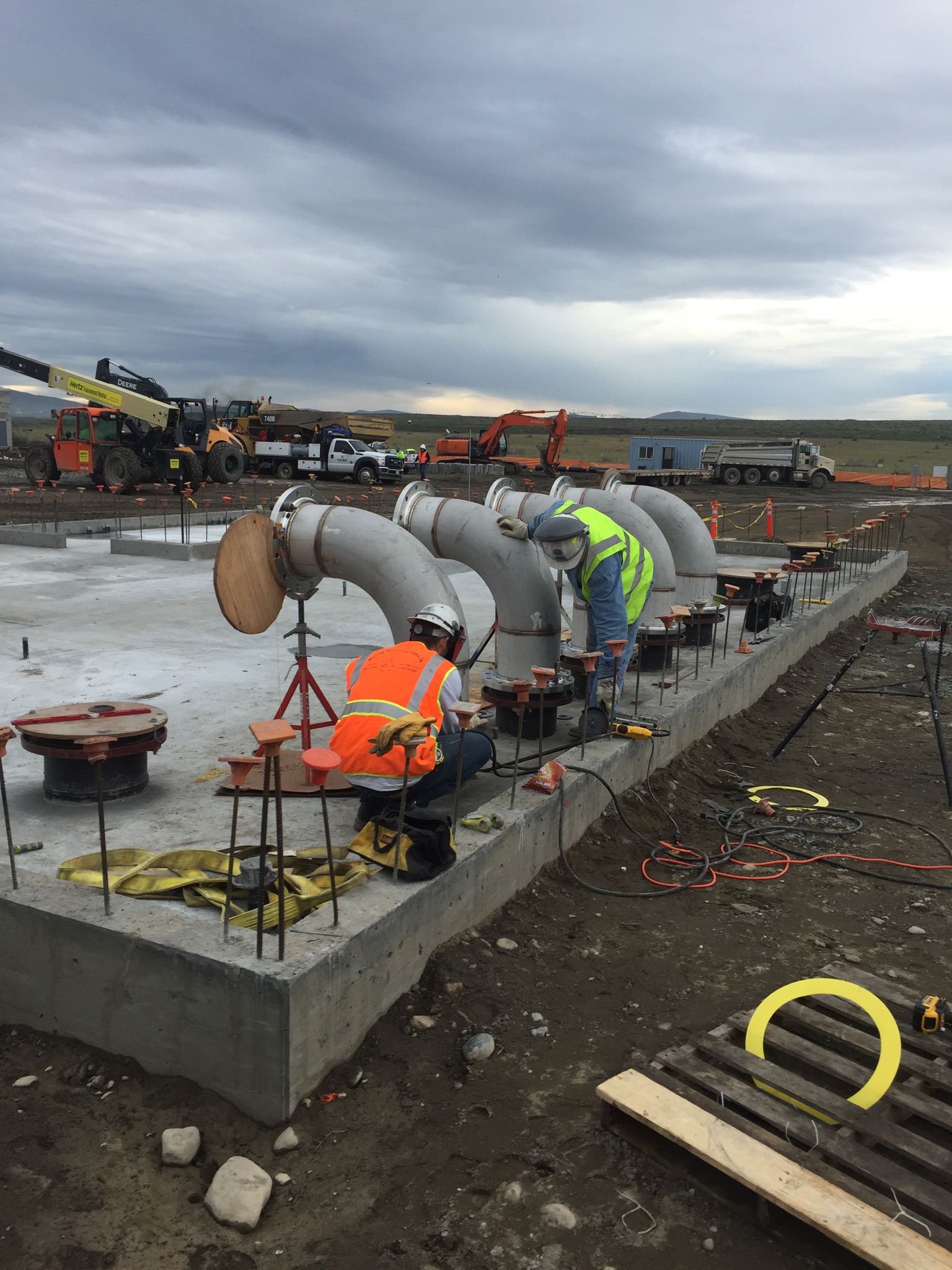6 Guaranteed Defining Factors Explaining – What Is Industrial Mechanical Construction?
Barclay Mechanical is an industrial mechanical construction contractor. When people ask, what type of Business is Barclay Mechanical? We answer, industrial mechanical construction. They often times still have a wondering look on their face. The braves ones respond, so what exactly is industrial mechanical construction?
We hope this article, along with subsequent blog posts will help shed light on exactly what we do and what industrial mechanical construction contracting means.
Size Matters
Industrial mechanical construction is the design, fabrication, construction, and maintenance of huge industrial production facilities like refineries and factories. As the industrial mechanical construction contractor, we are the overseers of the entire project and work directly with our client, engineers, subcontractors, and government agencies, to ensure these enormous industrial facilities are built to the client’s request as well as effectively and safely.
Various Industries
There is an array of industries that need industrial production facilities and all industries have their unique differences. For the mining industry, an industrial mechanical construction contractor would build the structural steel, material conveying systems, crushers, pressure vessels, tanks, etc. The manufacturing industry would need many of the same things, but made with stainless steel to maintain cleanliness control as the goods are assembled and packaged. They might also need stainless steel process piping, processing equipment, and skids. While these are examples of two industries we serve, we also serve the oil and gas industry, government industry, and agricultural industry.
Design to Build Process
A new project always starts with receiving blueprints and specs for our client’s desired industrial construction project. They ask us to write up a bid stating how long it would take us to complete that job and how much it would cost. If we have the most appealing bid out of our competitors, then we win the bid and the job commences. As the industrial mechanical construction contractor, we are the one liaison for our clients. Not only are our employees building the vast majority of the construction, but we are also handling all the site prep, material orders, subcontractor hires, and permits to complete the job. The client controls the project while we streamline it into completion.
Licensing and Certifications
As an industrial mechanical construction contractor, we have all the necessary licenses and certificates for each job we perform. We have a general contracting license for each state we work in. We have the R stamp from the National Board of Boiler and Pressure Vessel Inspectors. We have the U and S stamps from the American Society of Mechanical Engineers. And we have the licensing from the North American Industry Classification System. While these are our standard licenses and certificates, specific jobs might require additional ones.
Government Compliance
Throughout each project, the industrial mechanical construction contractor has to work with government agencies on each level of the project. And each job is different. Working with the government might be ensuring the zoning is correct for the type of facility we are building. Another example would be if we replace the buried pipe at a refinery, we must give EPA our tests showing the level of petroleum in the soil. Or our welds must be inspected, tested, and passed by a third-party inspector. We also work consistently with OSHA to ensure the safety of our employees.
Safety
Safety is always at the forefront of our minds. The nature of industrial mechanical construction involves physical risks that can be mitigated with proper safety measures. Many times, our welders have to hang from a suspended scaffold in order to weld in a specific area. In this situation, we triple check the durability of the scaffold, ensure our welder is harnessed and is consistently aware of his equipment and rope.
We do a lot of work at refineries. When welding at a facility that produces petroleum, we must have fire watch personnel standing guard with an extinguisher by each one of our welders. The safety steps we take are immense, at times tedious, but always extremely important. We never cut corners on safety.
More Blogs to Come
Now that you have a general idea of what industrial mechanical construction is, stay tuned as our blog will detail specific types of welds we do, diverse industrial equipment we build, different metals we use and their purposes, and much more.
States Worked In
Active Clients
Days Since Last Accident
Projects Completed
Barclay Mechanical Youtube Channel

How We Became an Industrial Mechanical Contractor
Barclay Mechanical, Inc. has almost 40 years of providing professional welding services and heavy industrial contracting services to customers in Utah, Idaho and surrounding states. The company’s roots go back to January 1, 1980 when founder, Michael D. Barclay, originally established Barclay Welding in Idaho. He had “welding in his blood,” so to speak. His father, Daniel P. Barclay, was a highly-skilled welder and Idaho State University’s 1962-1970 Department Head for its welding program.
As Barclay Welding grew, Mike changed its name to Barclay Mechanical, Inc. to more adequately describe the variety of services and products it provided, such as industrial mechanical construction. In 1993, Mike started another branch of Barclay Mechanical Services in Manti, Utah, which is now owned by three of his sons, John Barclay, Scott Barclay and Kenneth Barclay. Although the company’s welding shop is physically located in Manti, Utah 98% of their projects are outside of Sanpete County. In fact, only 50% of their work is in Utah with the other 50% being in other states.



